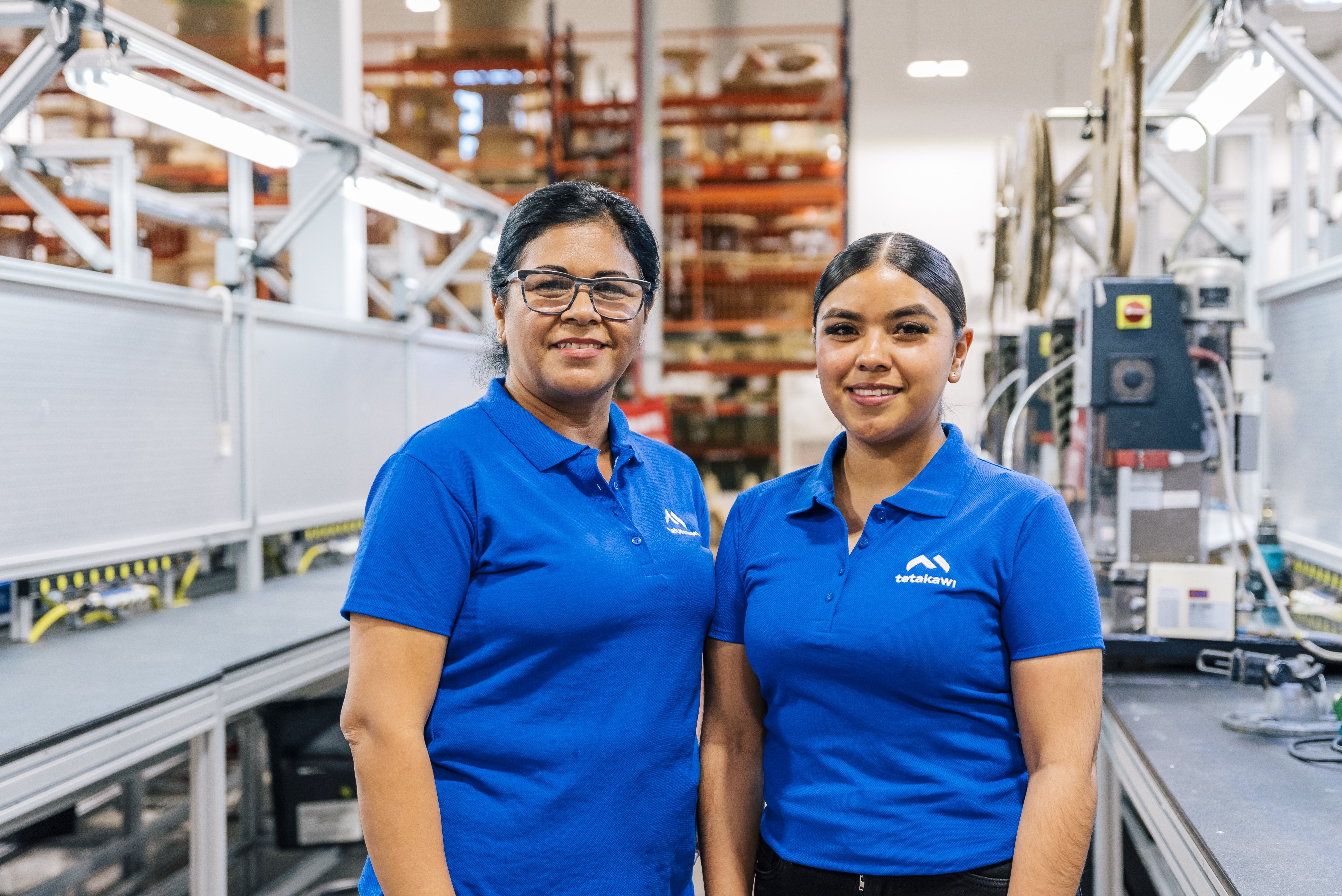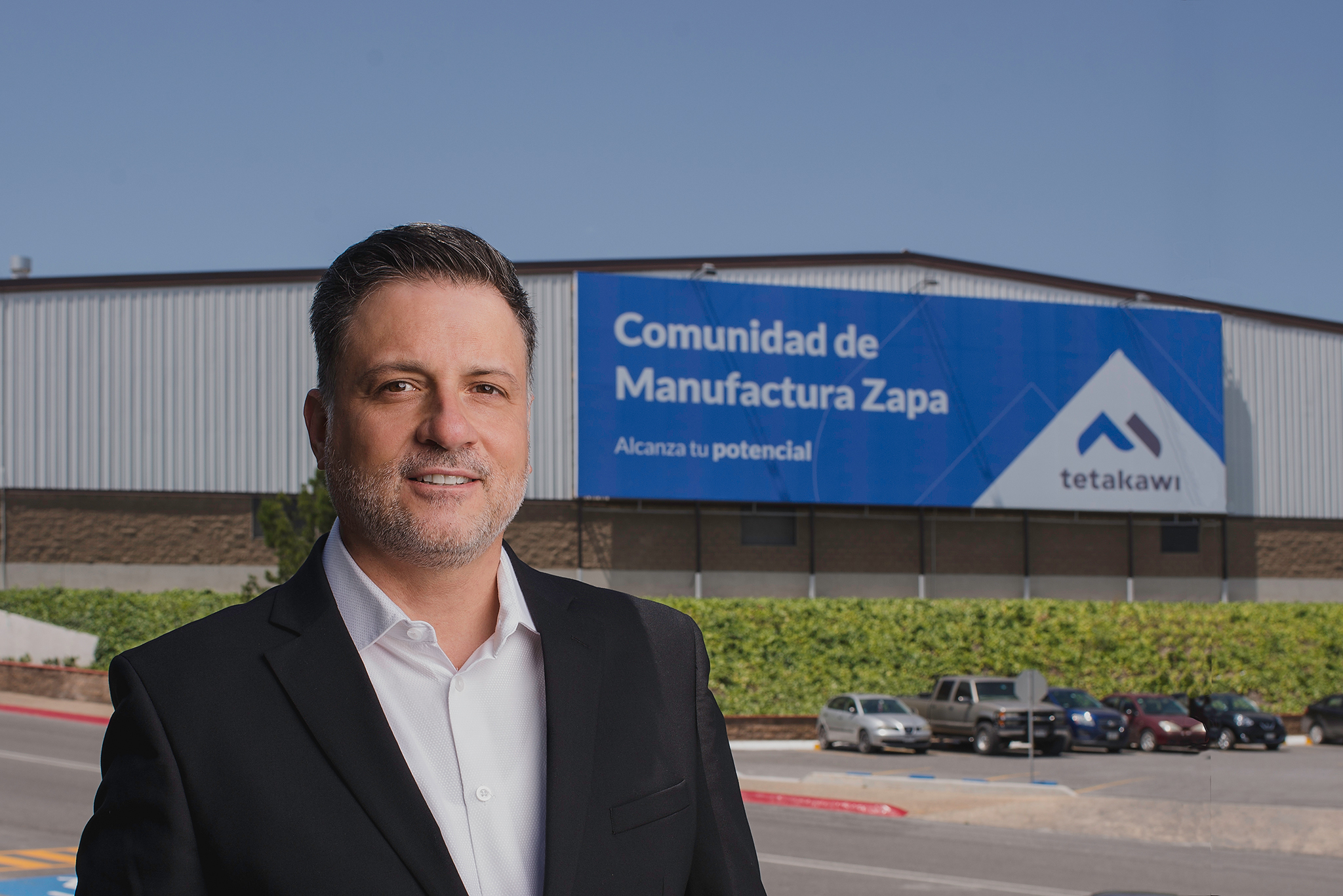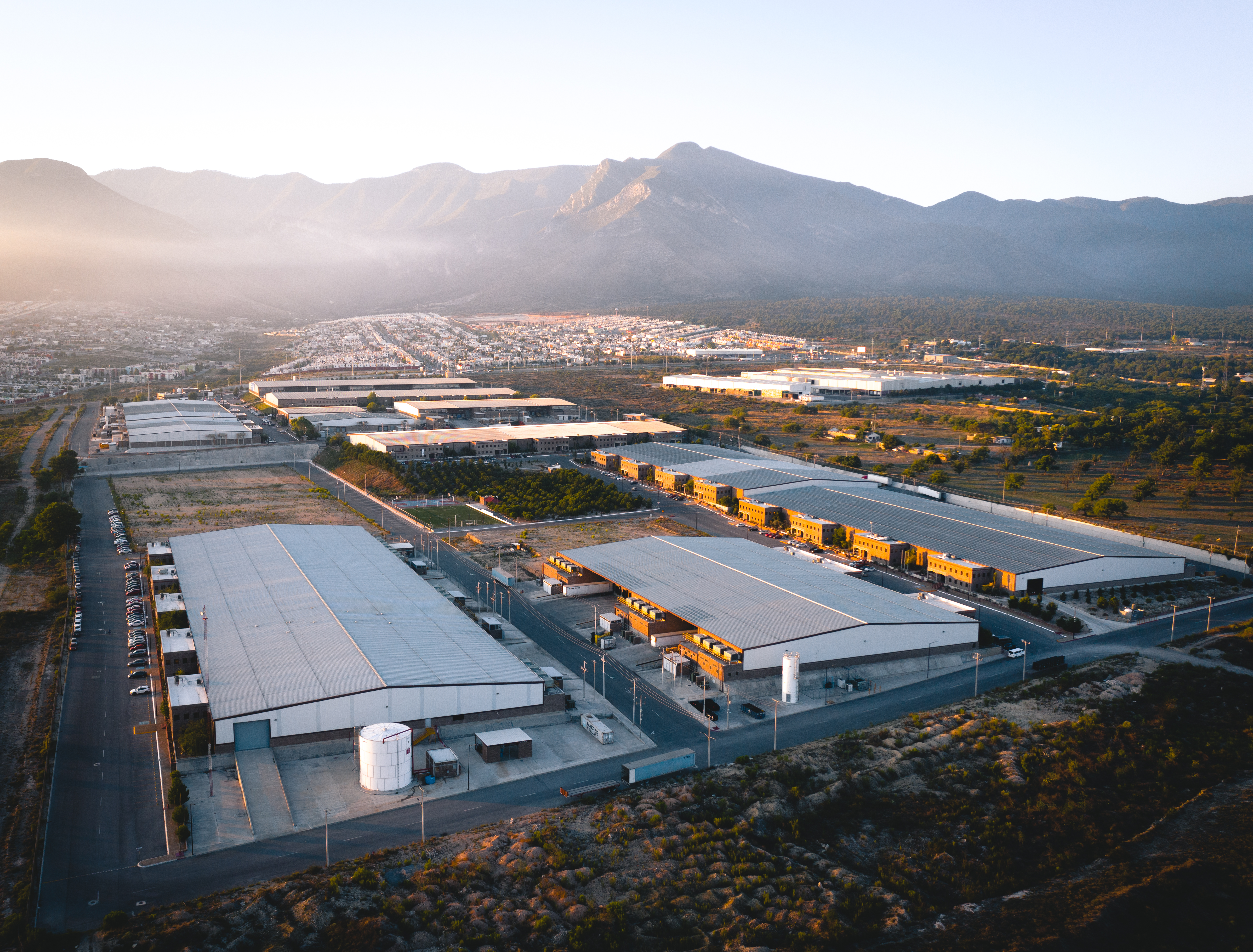U.S. companies are always looking for ways to reduce manufacturing costs and stay a contender in competitive manufacturing. Expanding to Mexico is a key solution to these challenges, but it can be difficult for U.S. businesses to control workforce costs if they've offshored the production process to Mexico independently. Mexican workers have a lot of experience manufacturing goods in many industries, but U.S. businesses that offshore alone often face struggles with payroll and benefits management. Companies can see high turnover of Mexican staff if they don't have representatives on the ground to supervise workers and make sure the process is running smoothly.
A recent survey by Gallagher Benefit Services found a leading challenge many U.S. businesses are experiencing is trying to keep the workforce engaged while still managing the overall cost of the workforce. The study asked nearly 1,000 U.S. organizations about their employee benefits programs for the "2013 Benefits Strategy and Benchmarking Survey." According to the data, more than 80 percent of participating U.S. businesses reported one of their top three challenges was trying to control their benefits expenses.
Sean Schubert, vice president of sales and marketing for Gallagher, said the consistent theme of the survey was finding strategic long-term solutions to properly manage the workforce and its benefits costs, which will allow businesses to stay competitive in challenging economic times.
"Finding the right balance between maintaining an engaged workforce and effectively managing the total cost of that workforce was a key focus for all organizations," Schubert said.
These challenges are only compounded when U.S. businesses expand to Mexico independently. The payroll and benefits management strategies that may work in the U.S. are often inadequate to effectively govern the Mexican workforce. Employing the wrong techniques can lead to an imbalance between costs and employee engagement, which are both essential to keeping turnover low and expenses down.
Shelter companies are the key to worker retention and balanced costs
Whenever businesses decide to offshore their manufacturing process, worker management becomes a significant issue because it is so often overlooked. Human resources is a dynamic aspect of a business, and missing just one part of the process can have dire consequences on it. However, going through a shelter company helps to mitigate these challenges because such firms have experience managing employees in another country. The Mexican workforce is highly skilled in manufacturing, but turnover can be high if employees don't feel satisfied in their positions or don't have the types of benefits they desire.
Shelter companies are able to prepare and approve workers' payroll, address issues when they arrive and review payroll hours reports, all of which can be difficult if U.S. businesses don't have supervisors in Mexico who have experience working with Mexican employees. Shelter companies are able to take swift action if there are attendance problems, which, if left unfixed, can result in higher manufacturing costs because productivity levels will be low. They are even able to foster a positive workplace environment by implementing workplace activities. Employing a shelter company allows manufacturers to balance their benefits expenses with an engaged workforce.
Subscribe
Sign up and stay informed with tips, updates, and best practices for manufacturing in Mexico.





